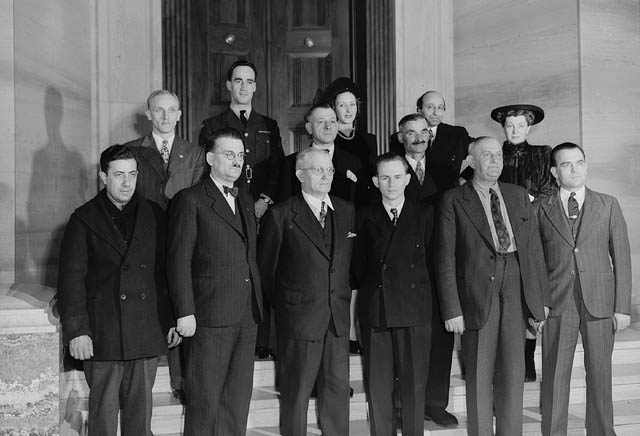What Kind of Citizen?
22 January 2016 - 9:16am
 Chatting with colleagues over the recent holidays (which already feel like they were long ago) I was often asked what I have been reading. While this often led to a discussion of an eclectic range of books, one which seemed to attract the attention of many educators was Joel Westheimer’s (2015) What Kind of Citizen? Educating Our Children for the Common Good.
Chatting with colleagues over the recent holidays (which already feel like they were long ago) I was often asked what I have been reading. While this often led to a discussion of an eclectic range of books, one which seemed to attract the attention of many educators was Joel Westheimer’s (2015) What Kind of Citizen? Educating Our Children for the Common Good.
Westheimer begins the book with a discussion of the dangers of standardized testing and teacher de-professionalization. This well written and pithy section reminds its reader that a focus on testing and accountability narrows the curriculum as “what gets tested gets taught”. Westheimer, rightfully, criticizes this approach by arguing that this narrow conception of education fails to prepare students in democracies for their role as citizens.
This argument is used to raise the question: what kind of citizen should we strive to develop and how do we go about doing it? In this section of the book Westheimer discusses his extensive research into citizenship education. This work has uncovered that most citizenship education programs can be meaningfully classified into three categories. First, are programs that aim to develop the personally responsible citizen. These programs strive to create citizens who work hard, pay taxes, and help others in a time of crisis. The assumption underlying this approach to citizenship education is that developing the character of citizens can solve social problems. Second, are programs that aim to create participatory citizens. This approach to citizenship education endeavours to develop citizens who are active members of their community. These individuals know how government agencies work and look to organize efforts to address social issues. The core belief behind this type of program is the idea that active citizenship within established systems is the best way to address social issues. Finally, there are citizenship education programs that develop social justice-oriented citizens. This approach explores the root causes of problems, hoping that citizens will be motivated to use this knowledge to generate change. The core assumption underlying this form of citizenship education is that changing existing systems is the best way to solve social problems.
Having laid out this typology of citizenship education Westheimer goes on to discuss an interesting, and highly significant, aspect of his research: a focus on one type of citizenship education does not necessarily lead students to develop skills in the others. So, for example, it would seem logical to assume that students who were actively engaged in developing a program to combat hunger (participatory citizenship) would eventually begin to wonder why there was hunger in their community in the first place (social justice-oriented citizenship). Unfortunately this is not the case. This is not to say that transfer is not possible- Westheimer does discuss several programs where this occurs- but it does seem that for transfer to occur citizenship programs must be carefully developed to encourage students to engage in different types of “citizenship thinking.”
This raises the question: what do our provincial efforts at citizenship education look like and do they encourage teachers to develop different types of citizenship thinking? Looking at the curricula for my own province of Ontario, I am pleased to see that citizenship education has moved beyond the memorization of “facts and acts,” but I am also concerned that the curriculum seems to focus largely on participatory citizenship and to neglected the study of structures (those familiar with Ontario’s curriculum may object here that the newly developed citizenship framework specifically addresses structures, but I would argue that this area is still often neglected within the curriculum). It is also noteworthy that the citizenship framework material makes no mention of the challenge teachers are likely to face in getting students to engage in different types of citizenship thinking. While the authors of the curriculum would likely regard this as a pedagogic issue that it is best left for teachers to resolve, I would argue that this challenge could have been mentioned and teachers could have been encouraged to look at the work of scholars like Westheimer.
As always, I would love to hear from others. What approaches to citizenship education are being taken in your province, board, or district? What do you think of them?
Works Cited:
Westheimer, J. (2015). What kind of citizen? Educating our children for the common good. NY: Teachers College Press.
Photo:
By Chris Lund / National Film Board of Canada. Photothèque [Public domain], via Wikimedia Commons

